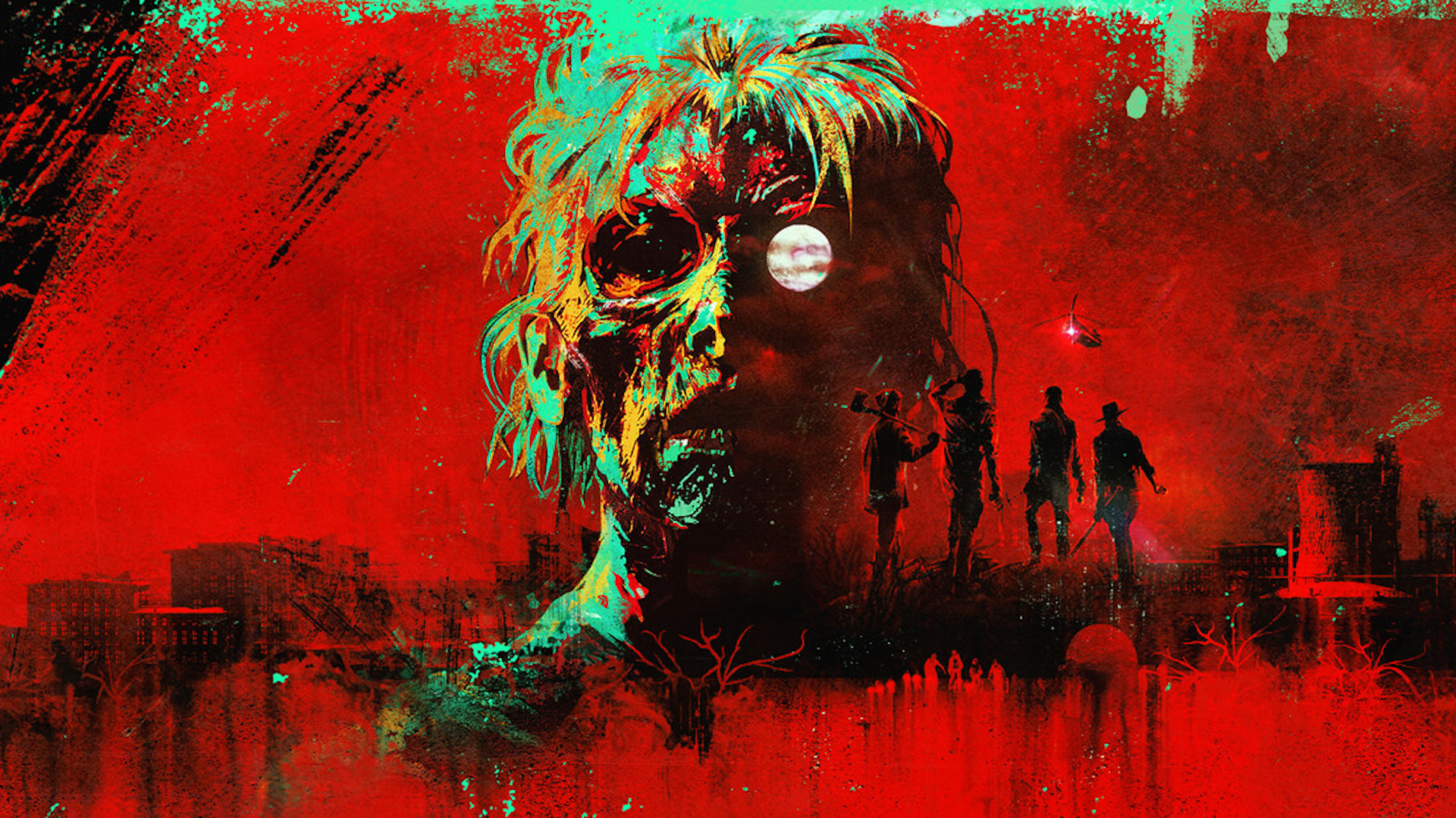No More Room in Hell 2 might be too early for early access, with Steam reviews flagging endless technical issues and major server problems
"No More Hope in Hell."

PC Gamer's Best Mod of 2012 was No More Room in Hell, a Romero-inspired Source mod that supports eight player co-op and offered a claustrophobic, intense survival experience like no other. The standalone sequel has been in development since 2016, from the original group of modders, which last year was acquired by Chivalry 2 studio Torn Banner and given a whole bunch more resources. No More Room in Hell 2 finally released yesterday and… oh. Oh dear.
Just under 4,000 early player reviews have left NMRiH2 on a "mostly negative" score, with some criticisms of the game's style and design next to the original mod. However, the majority of players are taking issue with its terrible performance and a horde of bugs ruining the experience.
"Early Access is an understatement," writes Cryptic. "Teleporting zombies, disappearing zombies, unbindable keys which were previously bound, broken voice chat, floating heads, gibs attached to zombies floating, buttons become unusable after vaulting sometimes. Massive lag spikes, server errors, unskippable cutscenes when launching, and menu bugs already."
That story repeats over many reviews, with some describing the game as "pre-Alpha" rather than early access, while one wag refers to it as "Have More Bugs in Hell 2". There's also a slew of complaints about the networking and servers.
PCG's own Morgan Park found something similar in his early experiences of NMRiH2, calling it "frustratingly unfinished. Just about everything in the preview build I played was rough: melee impacts feel delayed and inconsistent, performance was worryingly poor on my RTX 2080 Super (an aging card, but still well above the average Steam user), several guns' animations flipped out every time I pulled the trigger, and both of my matches ended early because of bugs."
At the time, Torn Banner said the release version would fix many of these bugs, but that doesn't appear to be the case. The studio has now made a statement on the issues, saying "the game remains a work-in-progress, and we see this week’s Early Access launch as just the beginning of its journey as a live game."
With so many complaints about lag and servers, it says it's "actively working on optimizing the matchmaking across our servers worldwide" and identifies several causes related to bad region-matching (resulting in bad ping) that have already been sorted.
The biggest gaming news, reviews and hardware deals
Keep up to date with the most important stories and the best deals, as picked by the PC Gamer team.
In addition, the studio says the cloud service provider it used didn't have the capacity the game needed in some regions, landing players in Asia, Europe and the US on servers "performing at about half the efficiency of our target." It adds: "We're working on additional server optimizations that should help with gameplay lag: issues like slow hit reactions, zombies teleporting as well as some animation issues and rubber banding."
These fixes are currently being tested, and if all goes well should be rolled out overnight and improve things. Finally, the more general complaints about bugs and technical issues are acknowledged, but clearly Torn Banner's focused on fixing the server issues first: "We are preparing a hotfix to address a selection of gameplay and performance issues, and will share more once we have further details on what players can expect."
It should be said that some Steam users seem to be having a good experience, even if they're currently being drowned out by the number who aren't. Still, not all complaints are made equal—with some negative reviews landing for things like the $30 price tag (since the original mod was free) which seems a little unfair. The first game still has an active playerbase now, and Torn Banner clearly wants NMRiH2 to be around in a decade itself: There's time yet to fix things, but it's not a great start.

Rich is a games journalist with 15 years' experience, beginning his career on Edge magazine before working for a wide range of outlets, including Ars Technica, Eurogamer, GamesRadar+, Gamespot, the Guardian, IGN, the New Statesman, Polygon, and Vice. He was the editor of Kotaku UK, the UK arm of Kotaku, for three years before joining PC Gamer. He is the author of a Brief History of Video Games, a full history of the medium, which the Midwest Book Review described as "[a] must-read for serious minded game historians and curious video game connoisseurs alike."

